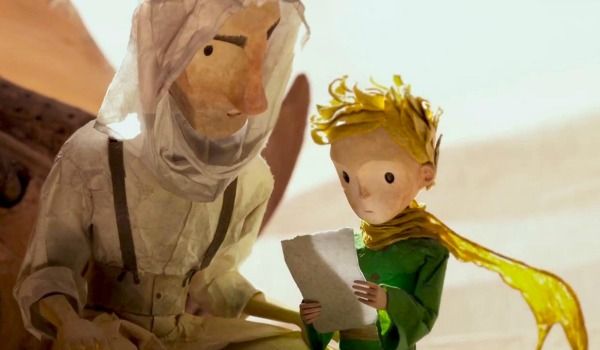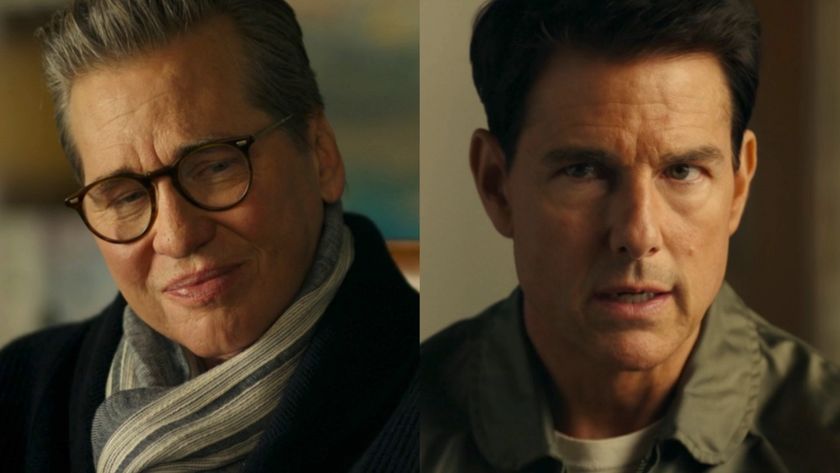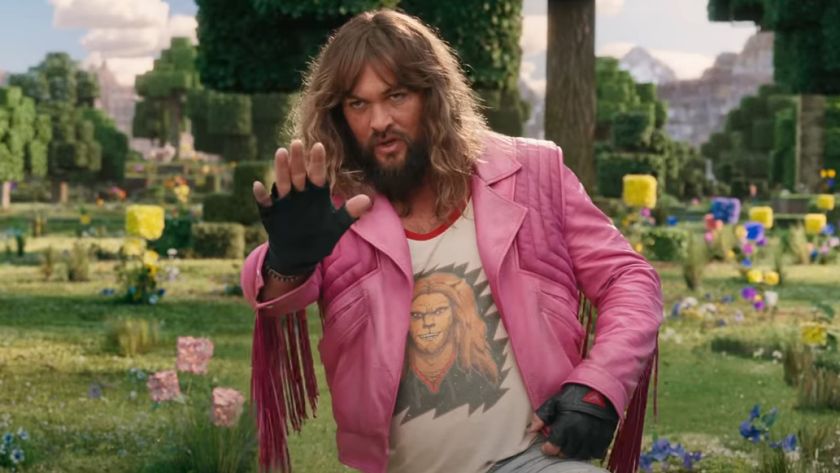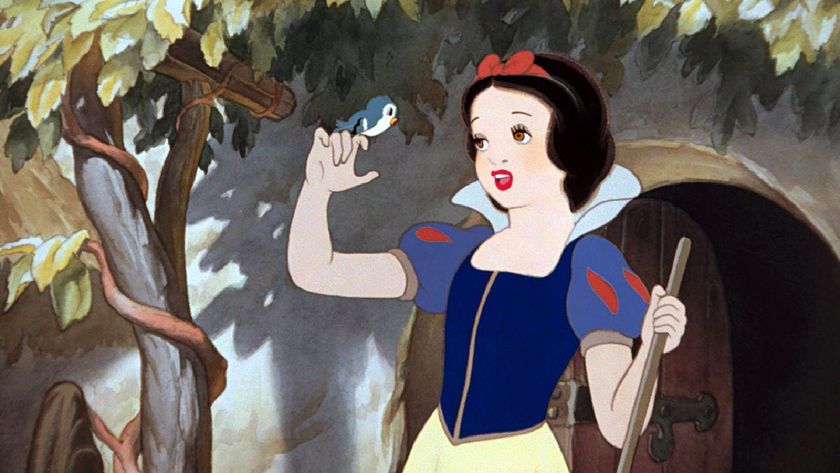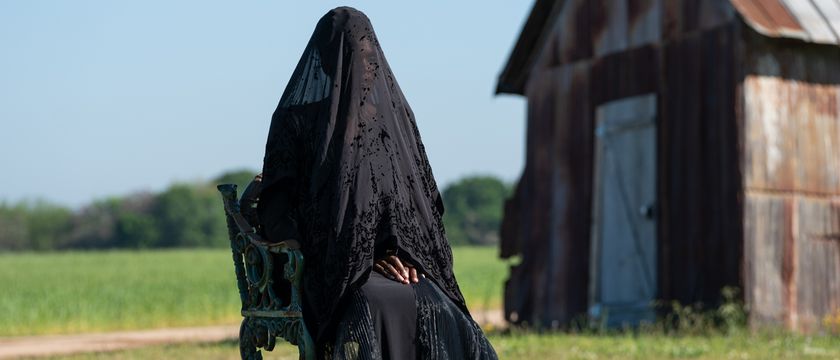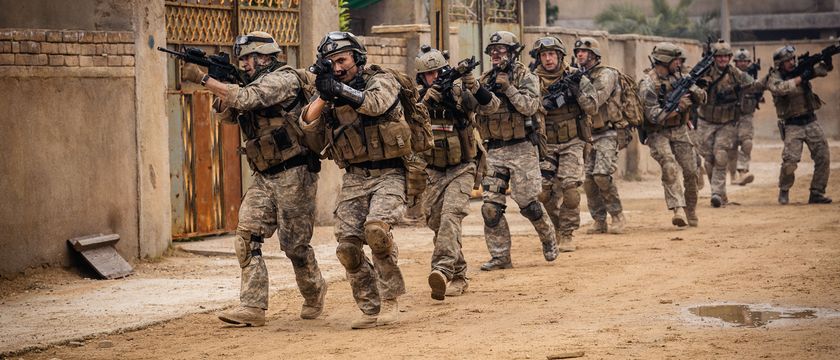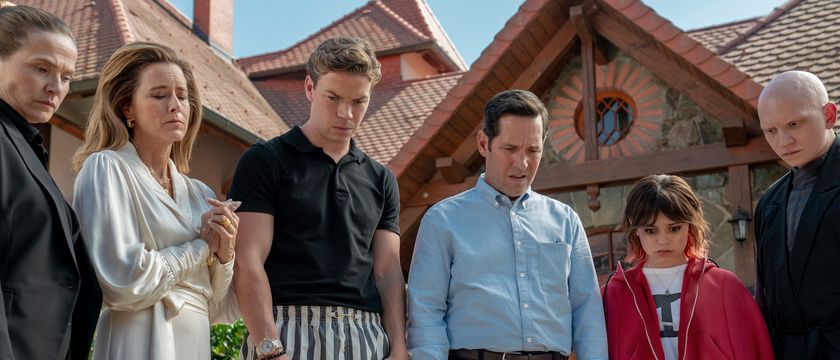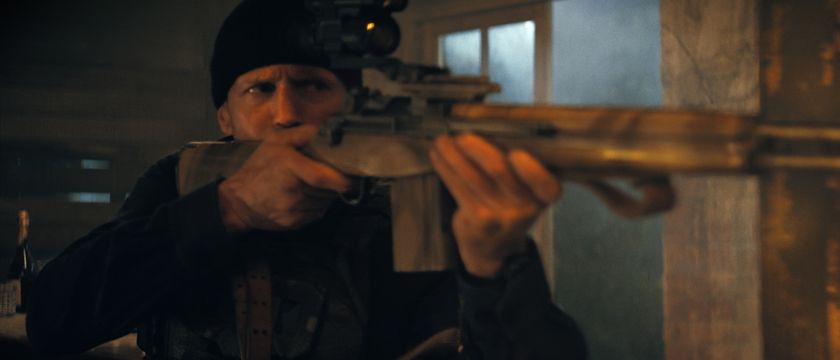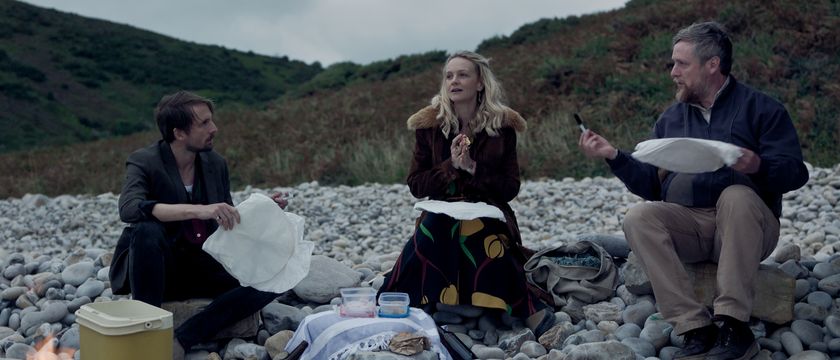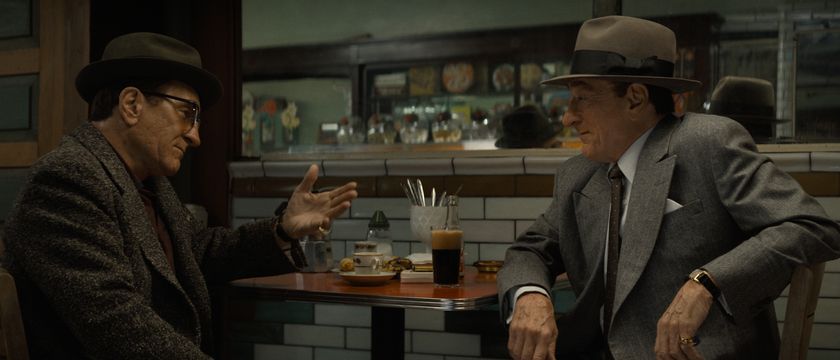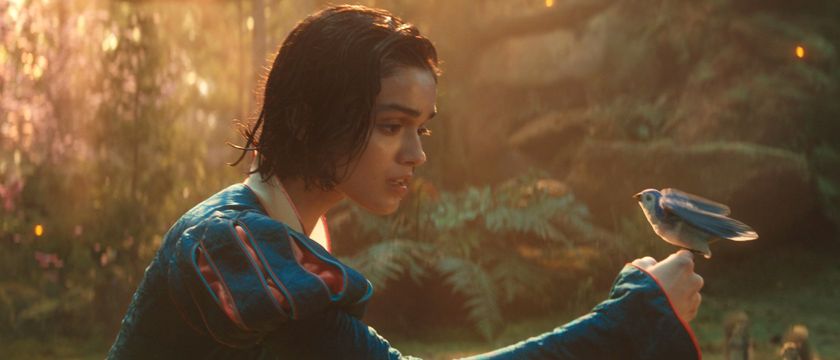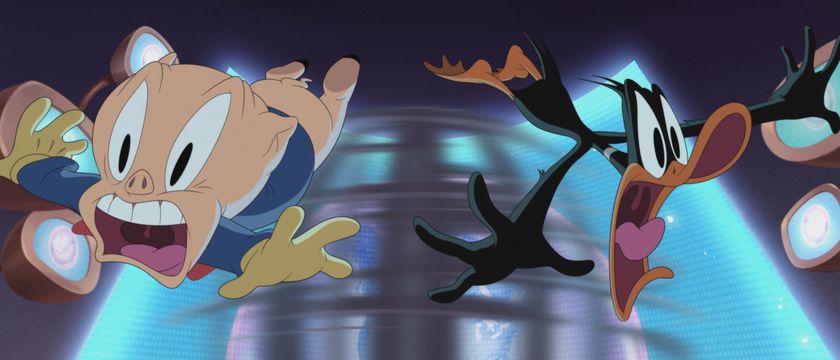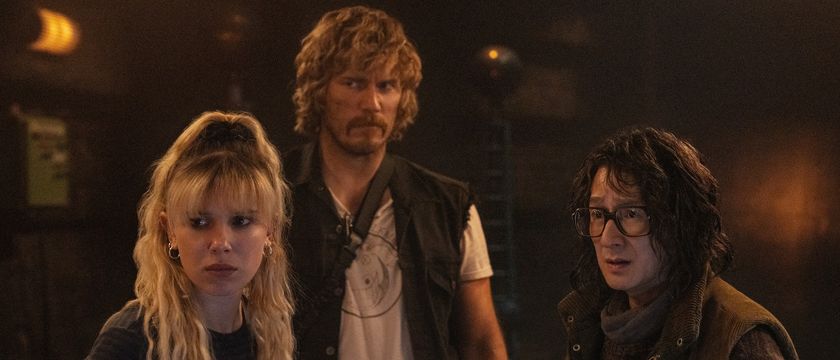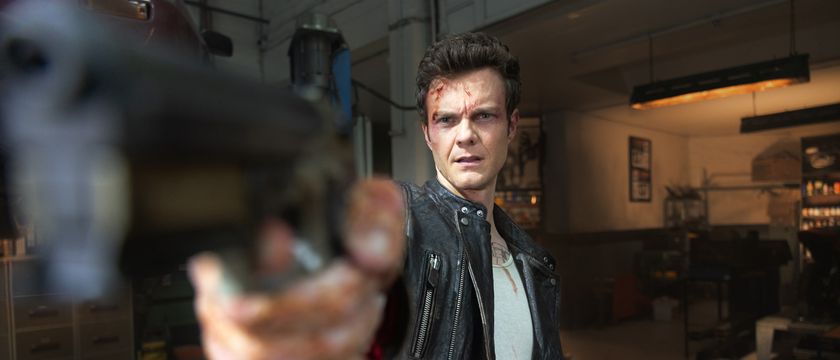I really wanted to adore The Little Prince, from the very first second all the way through to its final frame. In fact, for 2/3rds of the film, I did. At times it's so thoroughly enchanting, whimsical, and utterly lovely that your face will ache from politely smiling at it.
But The Little Prince is let down by its chaotic and disjointed ending, which fails to bring its two worlds together in a satisfying manner and is all the more frustrating for having threatened it could do just that. Which is especially frustrating, because it had done such an impressive job of emerging from the substantial shadow of its source material.
Having sold over 140 million copies worldwide since it was released back in 1943, it would have been easy for director Mark Osborne to make a straight adaptation of Antoine de Saint Exupery's beloved novel The Little Prince. Instead, Osborne made the brave decision to create an original, modern narrative to juxtapose with Exupery's novel. While CGI is used for the original narrative of Violet (Mackenzie Foy) and her overbearing mother (Rachel McAdams), Exupery's novel unfolds in stop-motion as it is told to Violet by The Aviator (Jeff Bridges), her new next-door neighbor that encourages her to abandon her school work and embrace her youth.
You see, after Violet fails to get into the prestigious Werth Academy that her mother had specifically ear-marked for her, the pair move to a new district where she'll get a second chance of entry - while at the same time imposing a strict study regime that leaves no room at all for leisure. Despite her intent to follow the designated path set out by her mother Violet is soon distracted by her elderly, retired next-door neighbor, who is only known as The Aviator (Jeff Bridges). He soon starts to regale Violet with a story of the Little Prince.
The Aviator recalls how, like Exupery's book, The Little Prince was born and lived on an asteroid the size of a house, where he fell in love with a mysterious speaking rose. Unfortunately, the rose soon started to take advantage of him, and even though they reconciled their differences, The Little Prince soon set out to explore the rest of the universe.
Along the way he visited six other asteroids, each of which were inhabited by a single, narrow-minded adults, before he ended up on Earth. This is where The Aviator met The Little Prince after he himself had become stranded in the Sahara Desert. The Aviator then looked to help get The Little Prince back to his home planet.
The Little Prince's delightful, elegant mix of stop-motion and computer-animation is what makes it so appealing, as it gives it a depth, texture and charm that sets it apart from its peers. And even though its themes of embracing youth and having an equitable work/life balance are familiar, they still leave an impression just because of how bewitching a tale it is.
Violet and The Mother live in a colorless, stiflingly perfect world of grays, lines and squares, which is only contrasted and illuminated by the presence of The Aviator, who allows it to explode it with brightness, odd-lines, and charisma thanks to his exciting perfunctory life and home. Any scene inside his home is pregnant with possibilities, while The Aviator and Violet's impromptu car journey and the burst of problems that arise is arguably the film's most charming moment. It's just a shame it's so brief.
When the movie is actually exploring this narrative, The Little Prince is brazenly inspired by Pixar. Not only is Violet and The Mother's home seemingly exactly the same as The Incredibles' suburban abode, but the plot is just a role reversal of Up. Unfortunately The Little Prince can't quite reproduce the humor, wit, and originality of the posse from Emeryville. But it's captivating for different reasons.
Most of this lyrical, nostalgic pleasure derives from the stop-motion animation used to tell The Little Prince's story, which, thanks to Jeff Bridges' voice and performance, reproduces a warmth, majesty, and whimsy akin to when your Granddad used to tell you a bed-time story.
Unfortunately, The Little Prince stumbles badly during its final act, though, as it abandons its more touching poetic approach for an action-adventure finale that feels as though it's from another movie. While its conclusion admittedly includes enchanting spectacle and set pieces, it's ultimately too muddled and incoherent to do either its opening hour or Exupery's novel justice. So much so, that, despite its previous positives, you'll actually leave feeling a tad unsatisfied.
